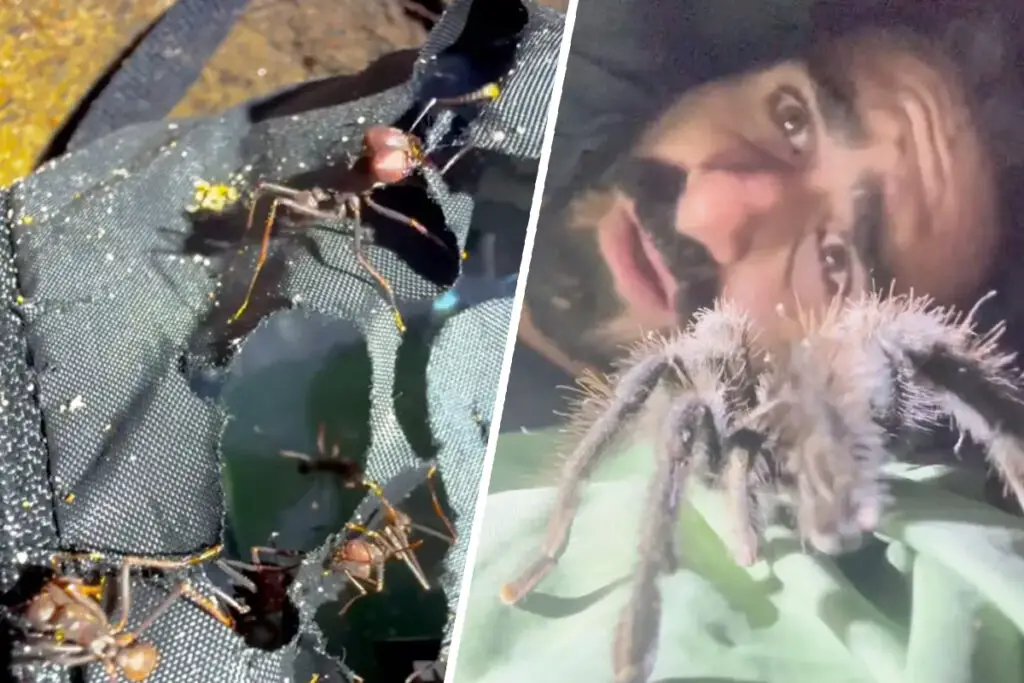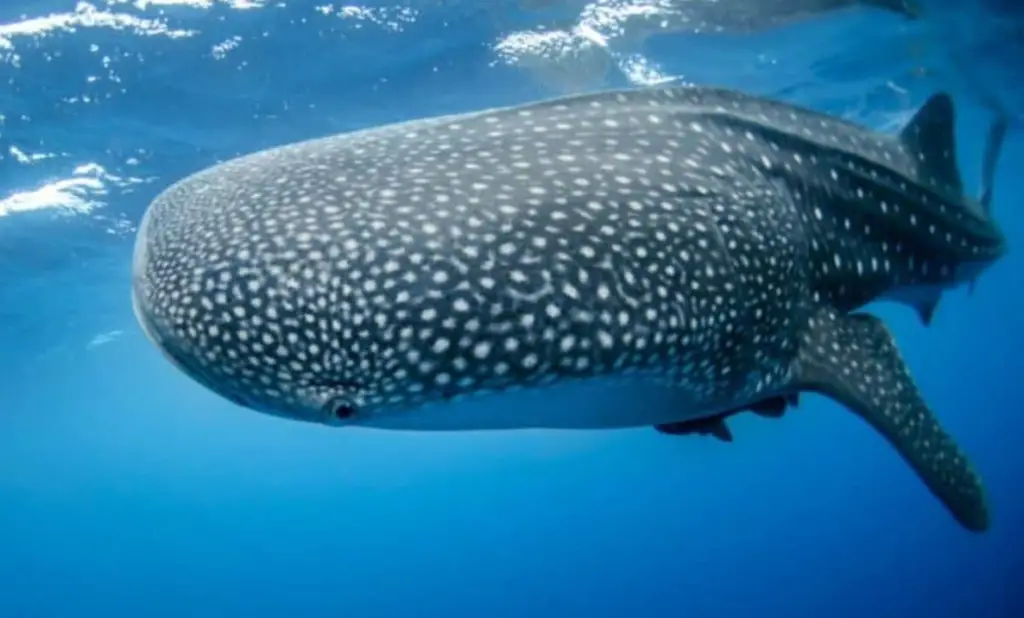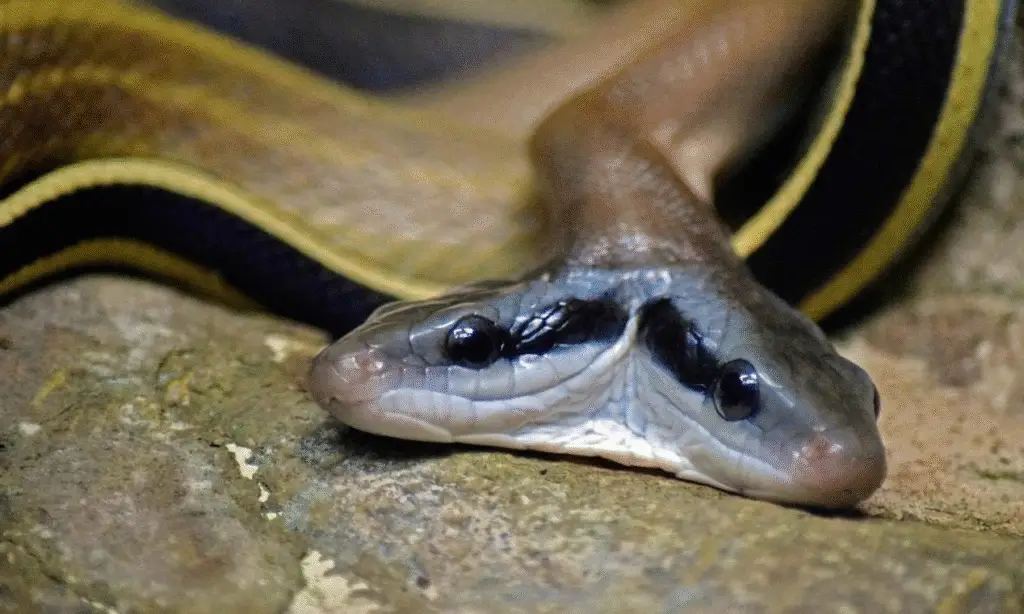Do Elephants Really ‘Never Forget’?

You’ve heard the saying: “An elephant never forgets.” But is it true? Or is it just a catchy phrase with no real basis in fact?
Let’s unpack this together and dive into the fascinating world of elephant memory.
Spoiler alert: while the saying isn’t entirely accurate, there’s a lot more to it than you might think.
The Brain Behind the Memory
First off, let’s talk about the brainpower of these incredible creatures.
Elephants have the largest brains of any land animal, with a highly developed cerebral cortex—the part of the brain responsible for complex thinking and memory.
According to research published in Brain Research Bulletin (Elephant Brain Morphology), elephants have as many cortical neurons as humans, suggesting their learning and memory skills might rival or even surpass ours.
They also have larger pyramidal neurons, which are thought to play a key role in cognitive functions.
Imagine having a brain that can store decades of experiences and recall them at a moment’s notice. That’s the kind of memory power we’re talking about.
Memory as a Survival Tool
Life in the wild isn’t easy for elephants.
They live in dynamic environments like the African savanna, where food and water can be scarce and unpredictable.
To survive, elephants need to remember where they’ve found water holes in the past, especially during dry seasons.
They also embark on long migration routes—sometimes hundreds of miles—between wet and dry seasons, relying on their memory to navigate.
Each elephant needs to eat about 330 pounds of vegetation daily, so knowing where the best feeding grounds are is critical.
As Graeme Shannon, a zoology lecturer at Bangor University, told Live Science (Elephants’ Memory), “Being able to seek out sufficient food and water in a highly dynamic environment… requires a brain capable of processing and remembering detailed information.”
A 2008 study in Biology Letters highlighted just how vital this memory is.
During a drought, herds led by older matriarchs, who had lived through previous droughts, successfully guided their groups to water sources they remembered from years past.
In contrast, a herd led by a younger matriarch, who hadn’t experienced a drought before, stayed put and suffered a devastating 63% calf mortality rate—compared to the normal 2% fatality rate during droughts.
Caitlin O’Connell, a Harvard Medical School faculty member, noted, “Hence the importance of older matriarchs as important repositories of knowledge” (Live Science).
This shows that memory isn’t just a neat trick—it’s a matter of life and death.
Social Memory and Emotional Bonds
Elephants don’t just remember places; they remember people—both other elephants and humans.
They live in complex social structures called “fission-fusion” societies, where family units split and reunite over time.
To manage this, they need to recognize hundreds of other elephants, from family members to distant associates.
A 2007 study at Amboseli National Park found that elephants can keep track of up to 30 companions at a time, using scent cues like urine samples to identify them (Scientific American).
As psychologist Richard Byrne put it, “Imagine taking your family to a crowded department store… What a job to keep track of where four or five family members are. These elephants are doing it with 30 traveling-mates.”
Their memory also extends to emotional experiences.
Elephants are known to mourn their dead, returning to the sites of loved ones’ deaths and gently touching their bones (Phangan Elephant Sanctuary).
They show joy during reunions, like when a young male elephant returns to his family herd after years away.
A heartwarming example comes from The Elephant Sanctuary in Tennessee, where two elephants, Jenny and Shirley, were reunited after 23 years apart.
Jenny trumpeted loudly and ran toward Shirley, showing clear signs of recognition. It turned out they had been together at a circus decades earlier (Wonderopolis).
This suggests elephants form deep emotional bonds that their memory helps preserve.
Remembering Humans: Friend or Foe?
Elephants’ memory isn’t limited to their own kind—they remember humans too.
Zoologist Iain Douglas-Hamilton, founder of Save the Elephants, shared a story about an elephant in Tanzania’s Lake Manyara National Park.
He became so familiar with her in the 1960s that he could walk beside her in the wild.
When he returned after four years away, she greeted him as if no time had passed (Scientific American).
But elephants also remember negative encounters.
Studies show they react negatively to the smell or sight of clothing associated with harm, like the red garments worn by Maasai warriors in Kenya, who sometimes spear elephants (Wonderopolis).
This ability to distinguish between groups based on odor and clothing color is remarkable and shows how their memory shapes their interactions.
I find it fascinating how elephants’ memory influences their behavior, not just with each other but with us.
It’s a reminder of how intelligent and emotionally complex these animals are.
It also makes me wonder how we could learn from their ability to hold onto what’s important while letting go of the trivial.
Conservation Implications
Understanding elephants’ memory has big implications for conservation.
If elephants remember negative interactions with humans—like being hunted or harassed—they can become wary or even aggressive.
This can lead to conflicts, especially in areas where human settlements encroach on elephant habitats.
On the flip side, positive interactions can build trust. For example, in some regions, conservationists use beehive fences to deter elephants from crops.
Elephants remember the sting of bees and avoid these areas, reducing human-elephant conflict (Phangan Elephant Sanctuary).
This clever use of their memory shows how we can work with their intelligence to foster coexistence.
Beyond Survival: Musical Memory
Elephants’ memory isn’t just about survival—it extends to surprising areas like music.
A study by Bernhard Rensch, published in Scientific American in 1957, found that an elephant could distinguish 12 tones in a musical scale and remember simple melodies even a year and a half later (Elephant Cognition).
At the Thai Elephant Conservation Center, the Thai Elephant Orchestra, co-founded by Richard Lair and David Sulzer, features elephants improvising music on specially made instruments.
The star drummer, Pratidah, even developed a swing-type rhythm, showing a level of musicality tied to memory (Elephant Cognition).
This suggests their memory is versatile, helping them in ways we’re only beginning to understand.
Debunking the Myth
So, do elephants really “never forget”? Not quite. As noted in Wonderopolis (Do Elephants Ever Forget?), the saying is a generalization—elephants do forget things from time to time.
But their long-term memory is extraordinary, allowing them to recall critical details over decades.
Unlike humans, who might rely more on visual memory, elephants seem to excel in chemical or scent-based memory, which helps them navigate their environment and social world (A-Z Animals).
The saying “an elephant never forgets” may not be literal, but it’s a powerful metaphor for their remarkable cognitive abilities.
| Aspect of Elephant Memory | Description | Example |
|---|---|---|
| Spatial Memory | Recalling locations of food and water sources over long distances and time periods. | Matriarchs leading herds to water holes during droughts, some over 60 miles away after decades (A-Z Animals). |
| Social Memory | Recognizing hundreds of other elephants and maintaining social bonds. | Elephants identifying family members via urine samples (Scientific American). |
| Human Recognition | Remembering humans, both positively and negatively, over years. | Jenny and Shirley’s reunion after 23 years (Wonderopolis). |
| Threat Detection | Distinguishing threats based on sensory cues like smell and color. | Reacting to Maasai warriors’ red clothing (Wonderopolis). |
| Emotional Memory | Recalling emotional experiences, like mourning or reunions. | Elephants touching bones of deceased herd members (Phangan Elephant Sanctuary). |
While the phrase “elephants never forget” might be a bit of an exaggeration, there’s no denying that these magnificent creatures have an extraordinary memory that plays a pivotal role in their survival, social interactions, and even their emotional lives.
So, the next time you hear that saying, know that it’s rooted in a truth that’s just as impressive as the myth.
































